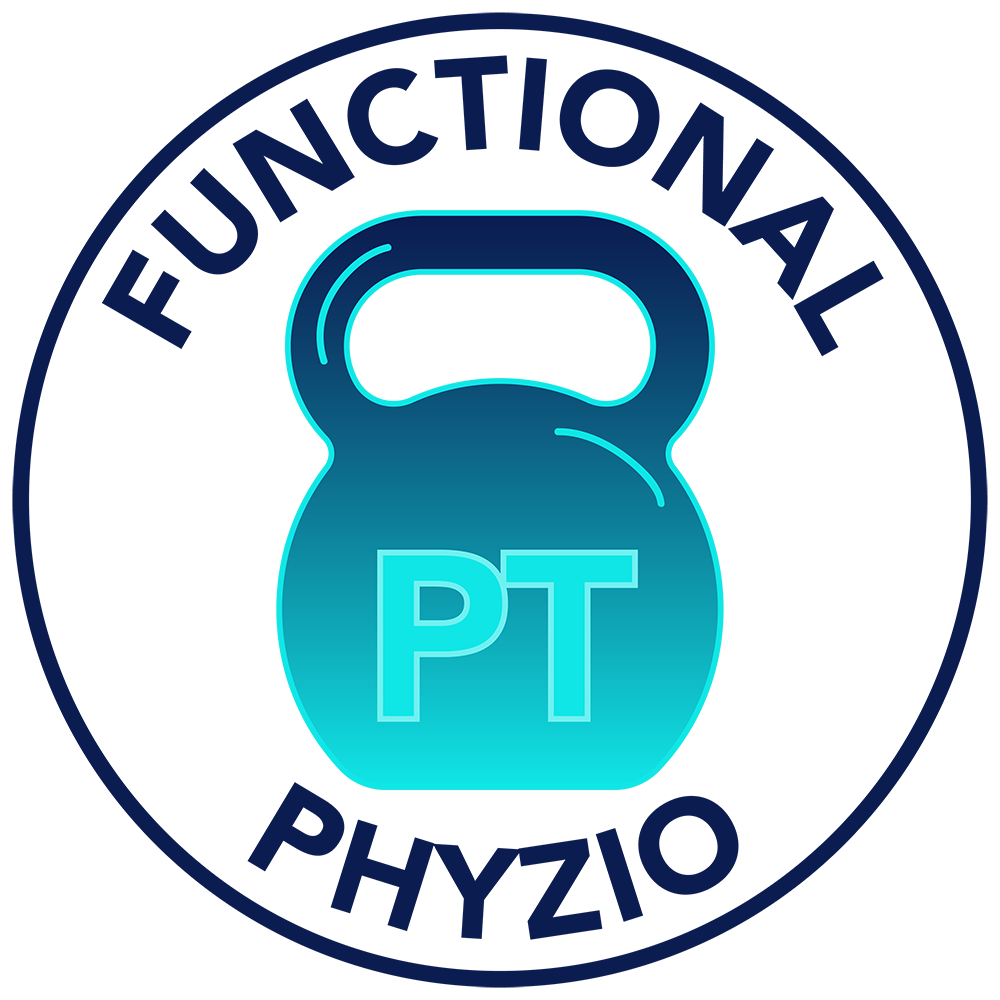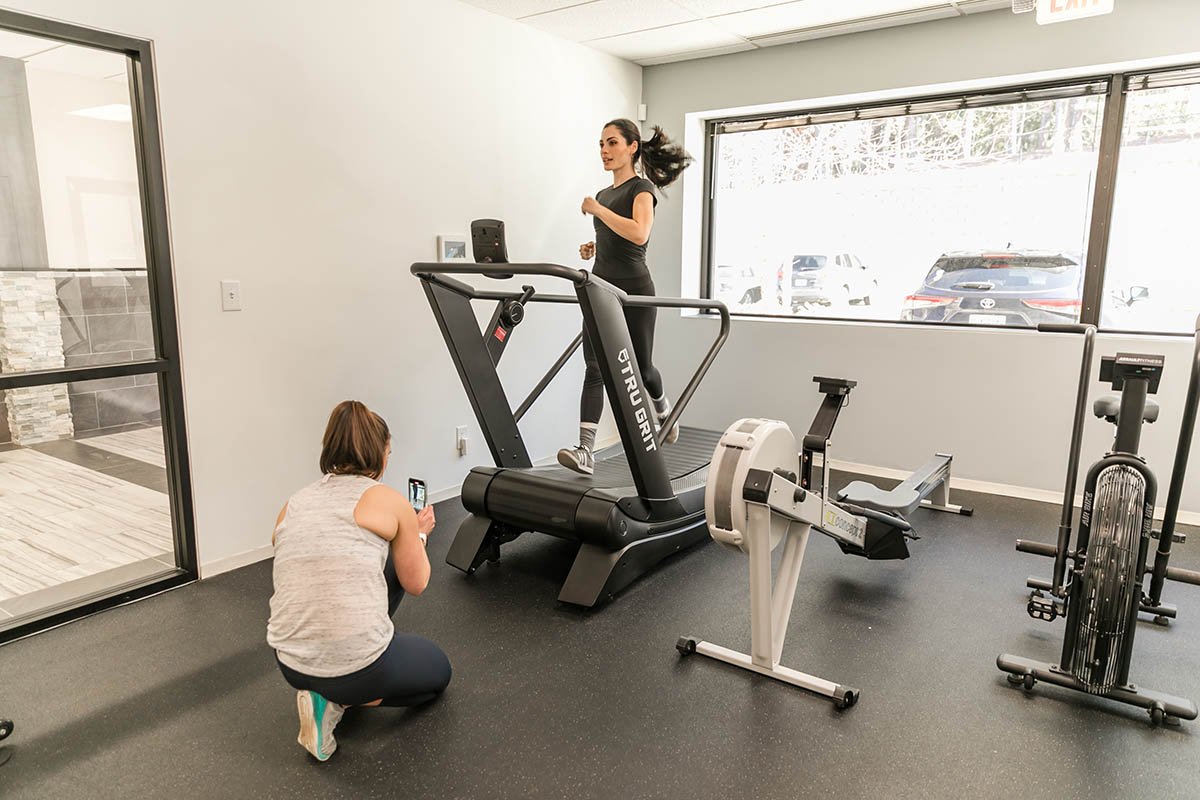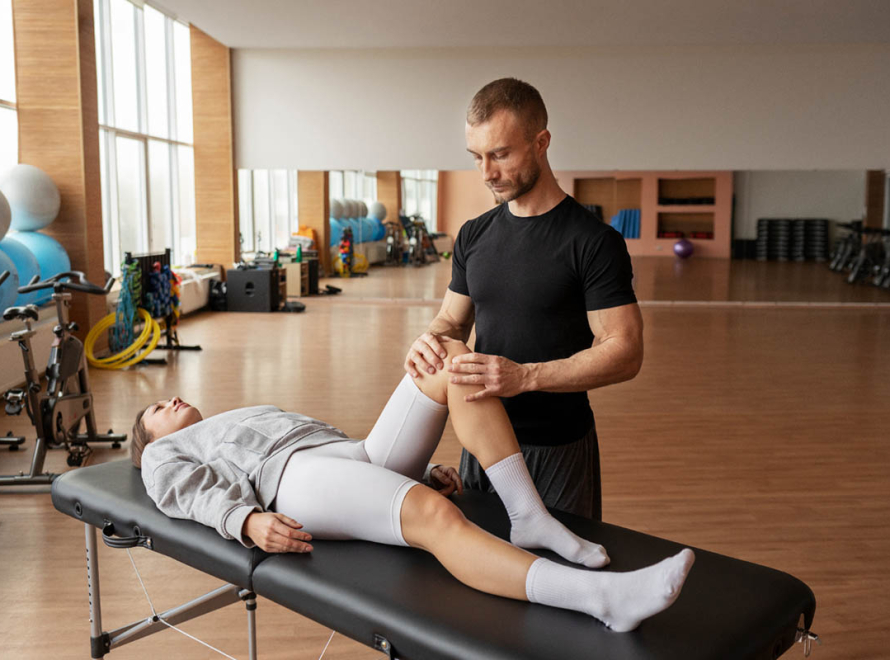As a runner, you’re no stranger to pushing your limits. But when hip pain starts interfering with your stride, it’s time to take a closer look. Hip impingement is a common issue among runners that can significantly impact performance and quality of life. In this post, we’ll dive into the world of hip impingement, exploring its causes, symptoms, and most importantly, how physical therapy can help you get back on track.
Unveiling the Mystery: What is Hip Impingement?
Hip impingement, also known as femoroacetabular impingement (FAI), occurs when there’s abnormal contact between the ball and socket of the hip joint. This can lead to pain, reduced range of motion, and if left untreated, potential long-term damage. For runners, this condition can be particularly frustrating as it directly impacts your ability to perform.
The Indispensable Role of Physical Therapy in Managing Hip Impingement
Physical therapy plays a crucial role in managing hip impingement for runners. At Functional Phyzio and Performance Therapy in Durham, NC, we take a holistic approach to treatment. Our orthopedic physical therapy techniques focus on:
1. Improving hip joint mobility
2. Strengthening supporting muscles
3. Correcting running biomechanics
4. Addressing any underlying issues contributing to the impingement
Is Professional Help Essential for Hip Impingement?
While some minor running injuries can be self-managed, hip impingement requires professional attention. At Functional Phyzio, we provide expert physical therapy in Durham, tailored specifically to runners. Our team can accurately diagnose the issue and develop a personalized treatment plan to get you back to running pain-free.
The Importance of Early Intervention
Early diagnosis and treatment of hip impingement are crucial for runners. Ignoring the symptoms can lead to:
-
Worsening pain
-
Decreased running performance
-
Potential long-term joint damage
Don’t wait until the pain becomes unbearable. Seeking physical therapy near you at the first sign of hip discomfort can prevent these complications and speed up your recovery.
Our treatment process at Functional Phyzio focuses on 3 phases
Reset
We decrease your pain & symptoms with hands on techniques such as dry needling, massage & soft tissue work. We also correct your movement to break compensation patterns that are contributing to symptoms.
Reload
We focus on building strength & resilience in your body and increasing your activity load while monitoring your form & intensity to ensure a smooth recovery process
Perform
We get you back to 110% of pre-injury levels and ensure you have the tools & knowledge you need to continue to run, pain free.
What’s Next
Hip impingement doesn’t have to mean the end of your running journey. With the right approach and professional guidance, you can overcome this challenge and return to the activities you love. At Functional Phyzio and Performance Therapy, we’re committed to helping runners in Durham and beyond achieve their goals.
Don’t let hip impingement hold you back. Contact Functional Phyzio and Performance Therapy today for a comprehensive evaluation and personalized treatment plan. Our team of expert physical therapists in Durham is ready to help you run pain-free and perform at your best.
FAQ Section:
1. Q: Can I still run with hip impingement?
A: It depends on the severity. A professional assessment is crucial to determine safe activity levels.
2. Q: How long does it take to recover from hip impingement?
A: Recovery time varies, but with proper physical therapy, many runners see improvement in 6-12 weeks.
3. Q: Is surgery always necessary for hip impingement?
A: Not always. Many cases can be successfully managed with conservative treatment like physical therapy.
4. Q: Can physical therapy prevent the need for hip surgery?
A: In many cases, yes. Early intervention with physical therapy can often help avoid the need for surgery.
5. Q: What causes hip impingement in runners?
A: Factors can include anatomical variations, overuse, improper running form, and muscle imbalances.




